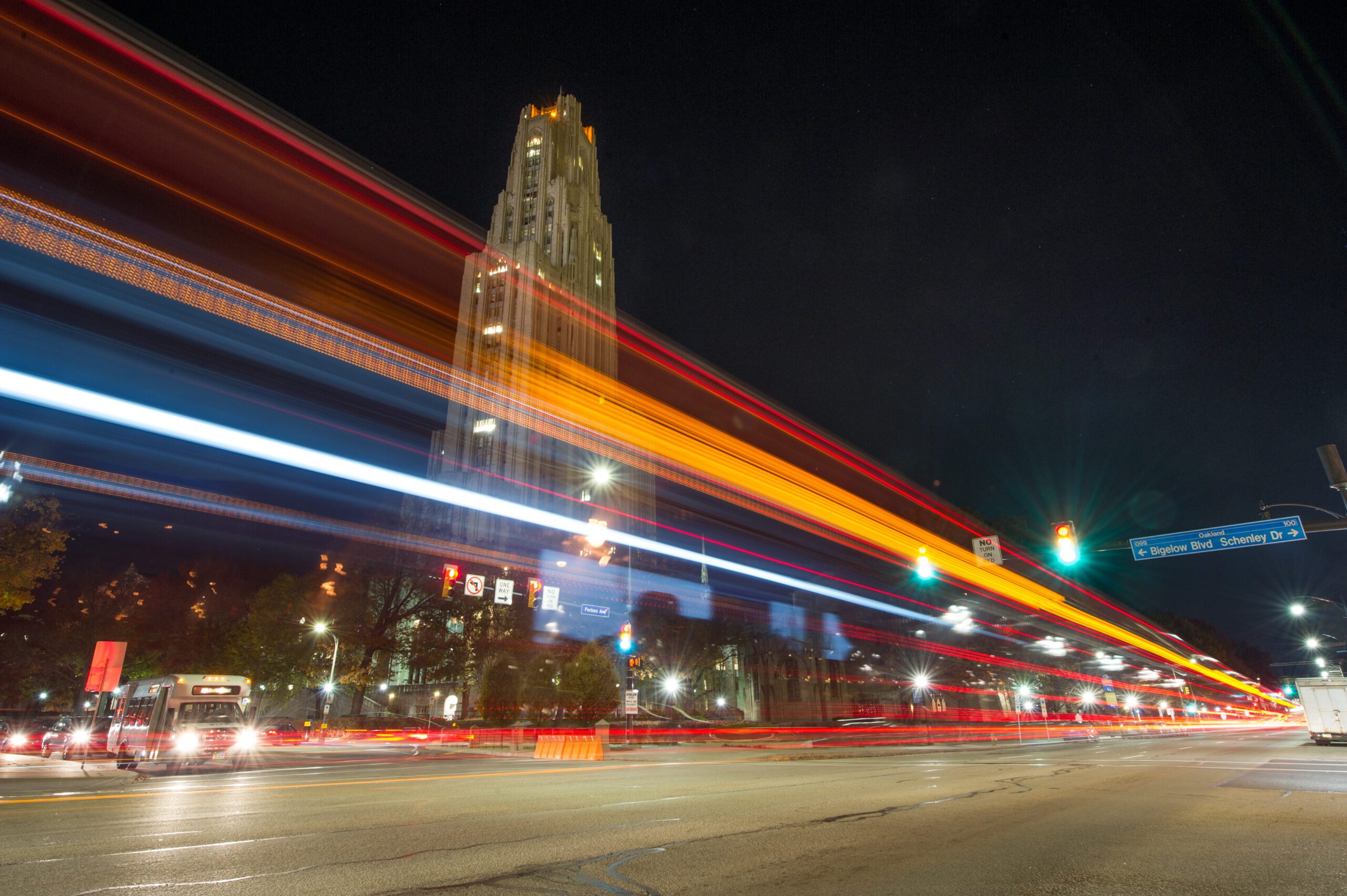Overview
“What do educators need to know about Artificial Intelligence (AI)?” This is the question Dr. Laura Roop posed in 2018 while witnessing the increasingly widespread use of this celebrated technological innovation. Her question culminated into a series of study group sessions with technologists and educators, as a collaboration between the Western Pennsylvania Writing Project (WPWP) and CMU’s CREATE Lab, and also included the National Writing Project the following year (Roop, 2020). Together we grappled with how educators and technologists might make sense of AI and our collective humanity (Dias, King, Kaminsky, Mroziak & Martinez, 2019).
Since then our world has been upended by the COVID-19 pandemic, and we are now reliant on technology at unprecedented levels. AI technology in particular has been increasingly gaining prominence in national and global narratives of progress, and is currently in the limelight within educational contexts due to the launch of OpenAI’s ChatGPT software (NYT, 2023). Within this technology-forward climate, it’s increasingly important to bring educator voices into the conversations about the pedagogical and functional decisions related to using technology in education.
The goal of the proposed project is to engage educators and students within the University of Pittsburgh’s School of Education, in critical discourse about the purpose of education, and technology’s role within it.
Purpose
Who are the architects of our world’s futures? Technology has played a dominant role in mapping out the landscape of our speculative future, and social imagination has long been captivated by the allure of fictional tech inventions portrayed in movies and popular media. As these narratives grow and move from fantasy to realistic amid breakthroughs reported about present day innovations, technology is painted as an inevitability we all must adapt to in order to be forward thinking. Within this framing, there is little space reserved for more nuanced and complex imaginations and conversations about the trade-offs, possibilities and relationality of our collective futures. As such, we continuously find historical and structural inequities and injustices encoded in technological infrastructure (Noble, S., 2018, Benjamin, R., 2019, Ntoutsi, E. et al., 2020). Through this project, we hope to create innovative imagination-spaces where educators and people in education can grapple with how we might author varied and multifaceted avenues for education futures. More specifically, our aim is to explore how our community can play a more active role in shaping our educational futures in conjunction with technology, rather than being placed in a position of continually responding to the pace of technological innovation. Our future may not be inevitably technological, but it is necessarily collective. Intergenerational voices of teachers and students are critical in shaping more equitable, just and liberated possibilities for our communities. Our work hopes to contribute toward this goal.
Acknowledgments
This project was funded through a Faculty Research Grant Award from the Dean’s office. We are grateful to Dean Valerie Kinloch for supporting our work and vision. For a more detailed description, you can view our grant proposal narrative.
Note: This study is IRB exempt.


